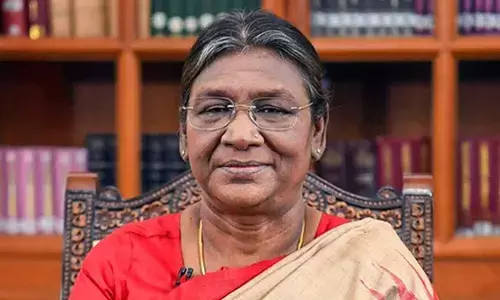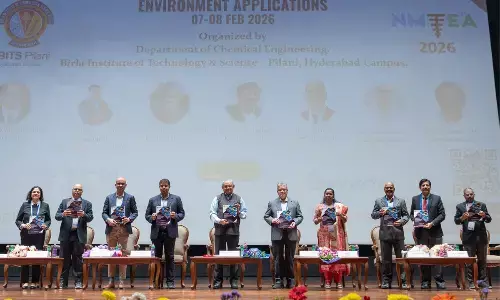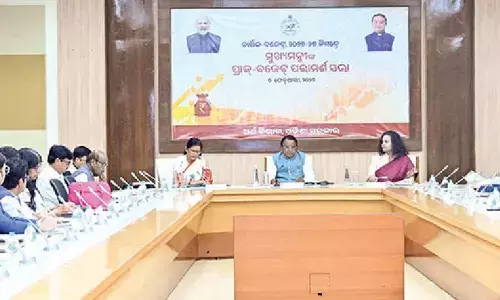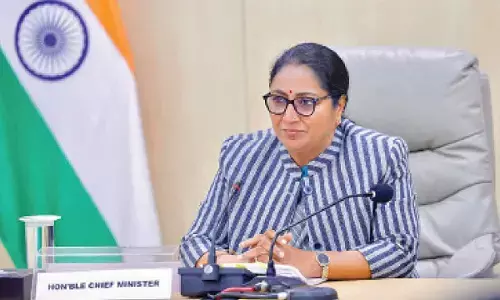Centre Advises Southern States To Promote Train Tourism
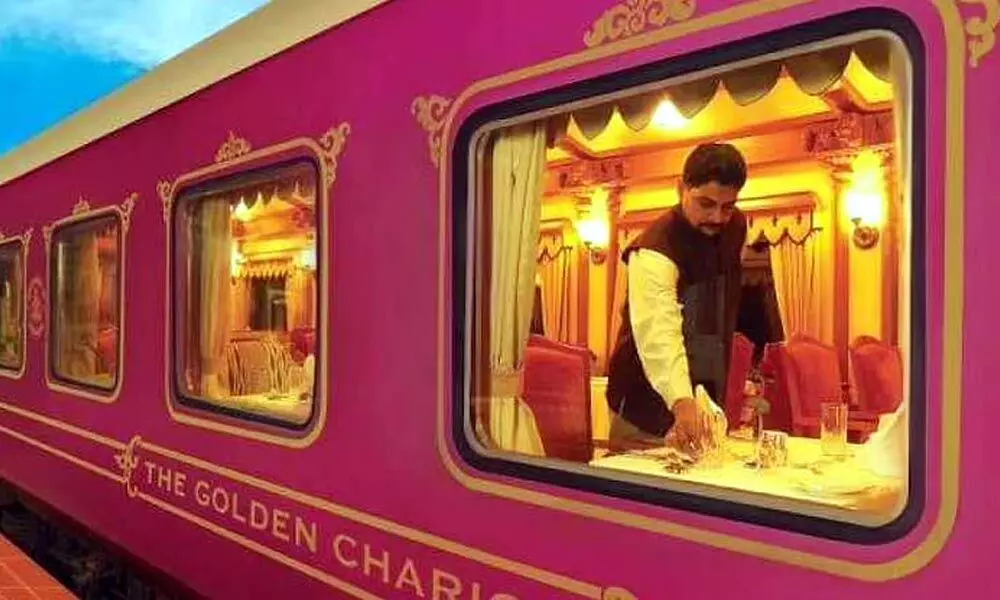
The Golden Chariot Express. (Photo| PTI)
- The Union Tourism Ministry has advised the southern states to avail utilization of all rail tourism potential available by maximising the usage of existing railway network.
- The government will provide all necessary assistance to the states and that they are allowed to organise their respective circuits during the southern tourism and culture ministers' conference.
The Union Tourism Ministry has advised the southern states to avail utilization of all rail tourism potential available by maximising the usage of existing railway network. On Friday, authorities from the national tourism agency stated the government will provide all necessary assistance to the states and that they are allowed to organise their respective circuits during the southern tourism and culture ministers' conference.
It has provided a much-needed reprieve and support to the Karnataka Tourism Department, that is fighting to keep the afloat on the Golden Chariot, the state-owned luxury express.
A tourism ministry official said they have informed the provinces that a train will be supplied for the tourism department to utilise on the route options and rounds that they have planned. This does not have to be a luxury train, but rather one with two and three-tiered air-conditioned cars for middle-class passengers. This is identical to Indian Railways Catering and Tourism Corporation (IRCTC) rail yatra activities in north Indian states and extended journeys from Kanyakumari to various pilgrim destinations.
The Karnataka state tourist agency officials stated that this was greatly needed because the domestic audience is unwilling to move on the Golden Chariot due to the high charges. Regular train service will certainly serve to attract more tourists.
Meanwhile, authorities from Karnataka requested that the tourism and railways ministries decrease haulage rates from the current 50% to help them meet their financial obligations.









